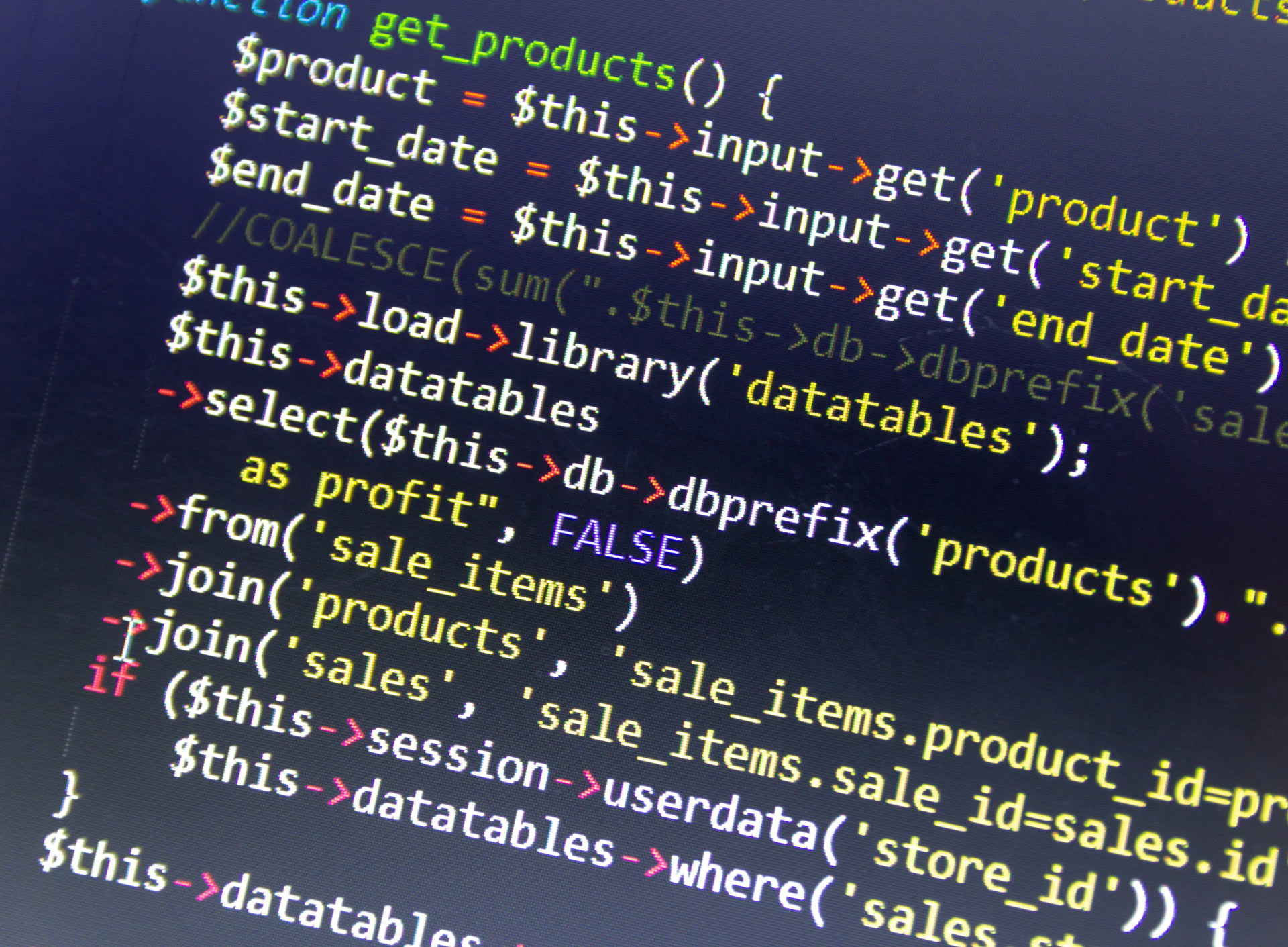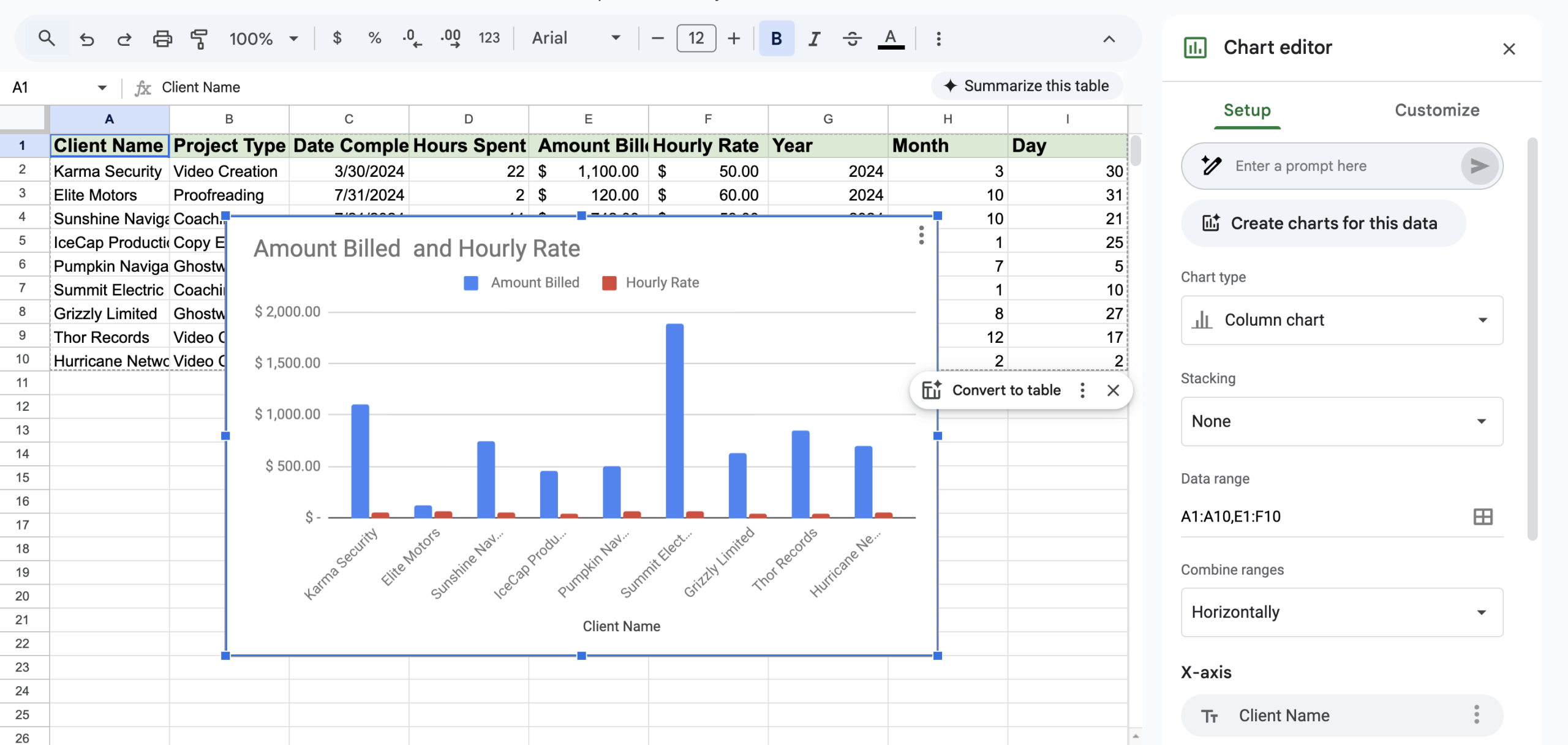Why Simple, Secure Web Apps Still Win for Business

In today’s digital landscape, it feels like every company is racing to launch the next big mobile app. But for many businesses — and the customers they serve — a simpler, faster, and more secure approach is hiding in plain sight: the modern web, powered by proven frameworks like PHP/Codeigniter.
Speed to Market: Deliver Value Sooner
- Fewer moving parts: A PHP framework renders pages directly on the server and sends them ready-to-use to the browser. There’s no need to build, deploy, and maintain a separate frontend app in React, Vue, or Angular.
- Faster launch cycles: Teams can design, test, and deliver new features within days, not months. Business logic, templates, and data live in one place, making iteration straightforward.
- Lean development teams: One group of developers can deliver a complete solution, instead of dividing efforts between backend and frontend specialists.
For executives, this means lower cost, faster ROI, and fewer delays. For customers, it means getting the tools they need sooner.
Security and Trust: Less Surface for Risk
- Ephemeral interactions: Users visit your site, authenticate, complete their task, and leave. They don’t have to install a permanent app that lingers on their device.
- Reduced attack surface: Fewer dependencies and layers (no extra JavaScript frameworks, no mobile app binaries) mean fewer places for vulnerabilities to hide.
- Data control: Credentials are only exchanged during active use. Users can feel confident their personal devices aren’t silently tracking or syncing in the background.
For executives, this reduces liability and simplifies compliance. For customers, it fosters trust and confidence.
Performance That Matters
- A server-rendered PHP app can deliver a fully usable page in under 300KB, often faster than modern “Single Page Apps” that push heavy JavaScript bundles to the browser.
- Even on slower devices or connections, the experience is reliable. Pages load cleanly, and small JavaScript enhancements (like chat icons or live updates) can be added where they make sense — without overwhelming the browser.
This is especially important for businesses with customers using shared, aging, or resource-limited devices.
The Trade-Offs: When to Go Bigger
It’s true that highly interactive, consumer-facing platforms — think Slack, Notion, or Google Docs — need complex frontend frameworks to deliver real-time collaboration and native-app-like experiences.
But most business applications don’t require that level of complexity. For tools like CRMs, booking systems, dashboards, or portals, the simplicity and security of a PHP framework often outweigh the costs of maintaining a separate frontend stack.
Conclusion: Pragmatism Wins
The web remains the universal platform — accessible from any browser, on any device, without installation.
- For executives, this means faster delivery, lower costs, and reduced risk.
- For consumers, it means secure, predictable interactions without unnecessary apps cluttering their phones.
Sometimes the most modern solution isn’t the shiniest — it’s the one that balances speed, security, and simplicity. And that’s where PHP frameworks continue to shine.








Related Posts